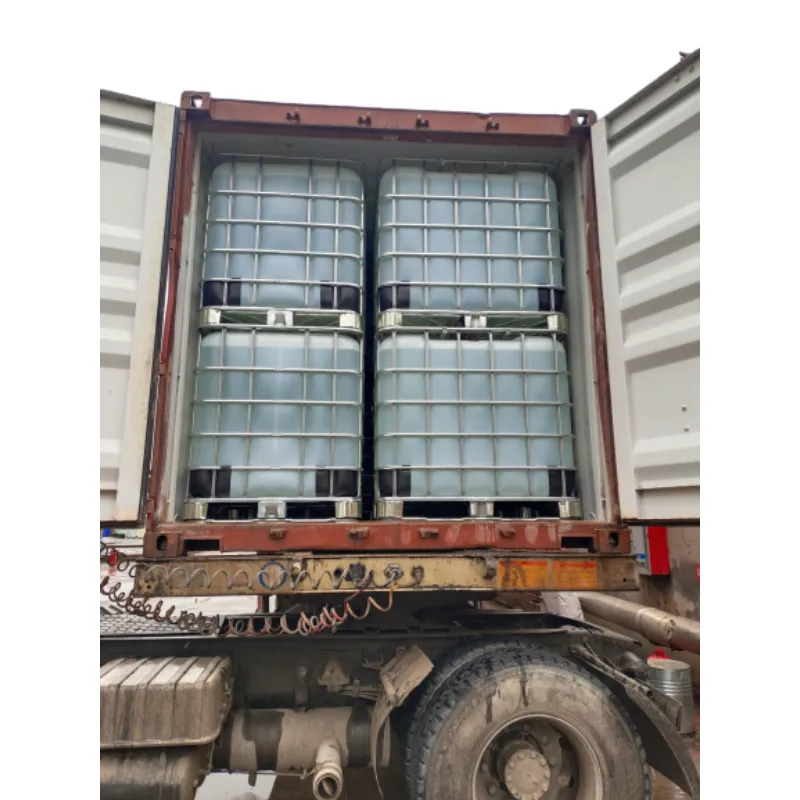
sodium acid pyrophosphate suppliers
Sodium Acid Pyrophosphate Suppliers An Overview
Sodium Acid Pyrophosphate (SAPP) is a vital compound in various industries, primarily used as a food additive, leavening agent, and a stabilizing agent in different applications. It serves as an important ingredient in baking powders, giving baked goods a light, fluffy texture, and is also employed in the production of processed cheeses and other dairy products. With a growing demand for SAPP, numerous suppliers have surfaced, catering to the needs of manufacturers and food producers worldwide.
What is Sodium Acid Pyrophosphate?
Sodium Acid Pyrophosphate is a white crystalline powder with the chemical formula Na2H2P2O7. As a food additive, it is recognized as E450 (i), indicating its safety for consumption as long as it complies with the regulations set forth by food safety authorities. SAPP plays a crucial role in baking, where it reacts with baking soda to produce carbon dioxide gas when in the presence of moisture and heat. This reaction is fundamental in creating the light, airy structures commonly desired in baked goods like bread, cakes, and pastries.
Applications of Sodium Acid Pyrophosphate
1. Food Industry In addition to its use in baking powders, SAPP is widely utilized in the food industry for several purposes - Leavening Agent It helps achieve the desired rise in products. - Stabilizer It enhances the texture and shelf-life of food items, particularly in items like processed cheeses. - Color Retention It can assist in maintaining the natural color of food products during processing.
2. Industrial Applications Beyond food processing, SAPP finds applications in various industrial processes such as - Water Treatment It is used in boiler water treatment to prevent scale formation. - Cosmetics and Personal Care As an emulsifier and stabilizer in certain formulations, SAPP is utilized in personal care products. - Textile and Leather It assists in dyeing processes and in the treatment of leather goods.
Choosing a Supplier for SAPP
sodium acid pyrophosphate suppliers

When selecting a supplier for Sodium Acid Pyrophosphate, there are several factors manufacturers should consider
1. Quality and Purity It is vital to source SAPP from suppliers who adhere to strict quality control measures. The purity of the product is crucial, especially for food-grade applications, where contamination can lead to serious health issues.
2. Certifications Suppliers should have relevant certifications, such as ISO, FSSC 22000, or Good Manufacturing Practice (GMP). These certifications demonstrate that the supplier meets international standards for quality and safety.
3. Customer Support and Service Good suppliers provide excellent customer support, including technical assistance and guidance related to the application of SAPP. A responsive supplier can help mitigate issues and improve manufacturing processes.
4. Supply Chain Reliability Consistent and timely delivery is essential in industries where production schedules depend on the availability of raw materials. Suppliers’ logistics capabilities can significantly impact a company’s operations.
5. Pricing While price shouldn't be the only deciding factor, it is important to ensure that the supplier offers competitive rates without compromising on quality. Bulk purchasing agreements might help in getting better pricing.
Conclusion
The market for Sodium Acid Pyrophosphate is expanding, influenced by increasing demands across food and industrial sectors. As businesses continue to grow and diversify their product lines, the need for reliable suppliers of high-quality SAPP will become even more pronounced. By considering key factors such as quality, certification, customer support, supply chain reliability, and pricing, manufacturers can effectively partner with the right suppliers to enhance their production processes and meet consumer demands. Whether it’s for a bakery looking to produce the perfect loaf of bread or an industrial plant requiring specific chemical properties, finding a trustworthy SAPP supplier is essential for success.
-
Why Glacial Acetic Acid Food Grade Is Essential in FlavorNewsMay.26,2025
-
Surging Export Growth of Food Additives in ChinaNewsMay.26,2025
-
How Ammonium Nitrate Fertilizer Boosts Crop YieldsNewsMay.26,2025
-
How 1,2,3-Benzotriazole Shields Plastics from UV DegradationNewsMay.26,2025
-
Cyanide in Gold Mining: Protecting People and the PlanetNewsMay.26,2025
-
Aluminum Hydroxide in Modern Sunscreen FormulationsNewsMay.26,2025
-
Understanding Synthetic Rubber OptionsNewsApr.27,2025
Hebei Tenger Chemical Technology Co., Ltd. focuses on the chemical industry and is committed to the export service of chemical raw materials.
-

view more DiethanolisopropanolamineIn the ever-growing field of chemical solutions, diethanolisopropanolamine (DEIPA) stands out as a versatile and important compound. Due to its unique chemical structure and properties, DEIPA is of interest to various industries including construction, personal care, and agriculture. -

view more TriisopropanolamineTriisopropanolamine (TIPA) alkanol amine substance, is a kind of alcohol amine compound with amino and alcohol hydroxyl, and because of its molecules contains both amino and hydroxyl. -

view more Tetramethyl Thiuram DisulfideTetramethyl thiuram disulfide, also known as TMTD, is a white to light-yellow powder with a distinct sulfur-like odor. It is soluble in organic solvents such as benzene, acetone, and ethyl acetate, making it highly versatile for use in different formulations. TMTD is known for its excellent vulcanization acceleration properties, which makes it a key ingredient in the production of rubber products. Additionally, it acts as an effective fungicide and bactericide, making it valuable in agricultural applications. Its high purity and stability ensure consistent performance, making it a preferred choice for manufacturers across various industries.











